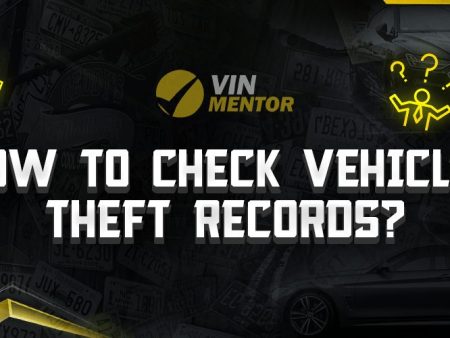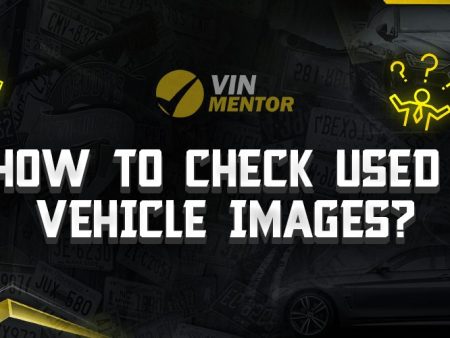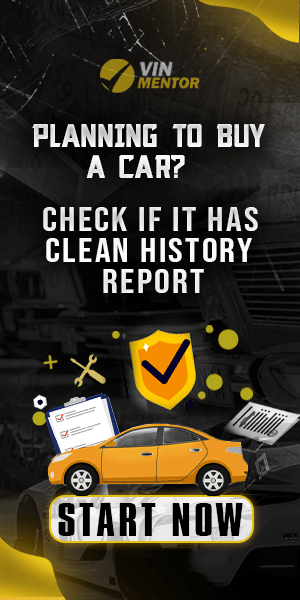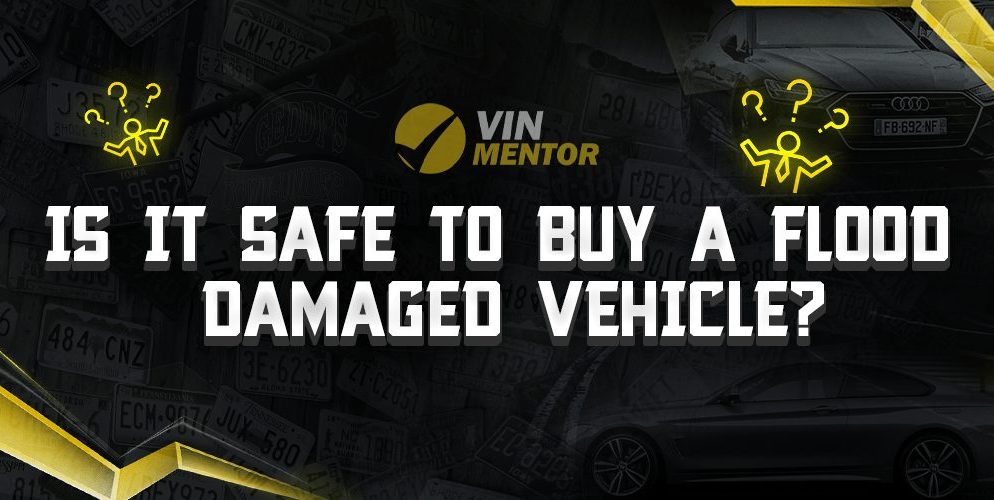
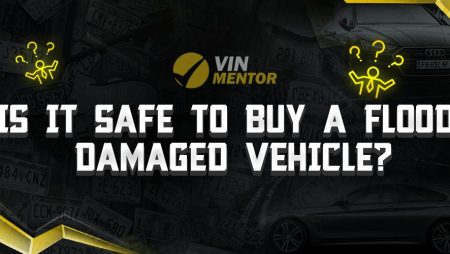
When considering purchasing a vehicle, one important factor to evaluate is whether it has been flood-damaged. Flood damage can have significant repercussions on a vehicle’s safety, reliability, and overall condition. In this article, we will explore the topic of buying flood-damaged vehicles, examining the potential risks and key considerations to keep in mind. By understanding the factors involved, you can make an informed decision when considering the purchase of a flood-damaged vehicle.
Key Takeaways
- Flood damage can pose serious safety and reliability concerns for vehicles.
- Hidden issues may arise from water damage, such as electrical malfunctions and mold growth.
- Reselling a flood-damaged vehicle can be challenging, affecting its future value.
- Thorough inspections and research are essential to assess the extent of flood damage and make an informed decision.
Recognizing the Risks of Flood-Damaged Vehicles
Flood-damaged vehicles can harbor various risks that potential buyers should be aware of. Understanding these risks is crucial in making an informed purchasing decision. Let’s explore some of the risks associated with flood-damaged vehicles:
- Electrical Problems: Water can damage the vehicle’s electrical system, leading to malfunctions in critical components such as the engine, transmission, and safety features.
- Mechanical Issues: Floodwater can infiltrate sensitive parts of the vehicle, causing damage to the engine, brakes, suspension, and other vital systems.
- Mold and Mildew Growth: Excessive moisture from flooding can create an environment conducive to mold and mildew growth, leading to potential health hazards and unpleasant odors.
- Corrosion and Rust: Floodwater often contains corrosive elements that can accelerate the rusting process, compromising the vehicle’s structural integrity.
Importance of Thorough Inspections
Conducting thorough inspections is crucial when considering the purchase of a flood-damaged vehicle. It allows potential buyers to assess the extent of the damage and make an informed decision. Consider the following aspects of inspection:
- Visual Inspection: Carefully examine the vehicle for visible signs of flood damage, such as water lines, discoloration, or unusual smells. Pay attention to the interior, trunk, engine compartment, and undercarriage.
- Mechanical Inspection: Engage the services of a qualified mechanic to evaluate the vehicle’s mechanical components thoroughly. They can identify any hidden issues that may not be immediately apparent during a visual inspection.
- Electrical System Check: Test the vehicle’s electrical systems, including lights, wipers, windows, and infotainment systems. Malfunctions or glitches may indicate water damage.
- Test Drive: Take the vehicle for a test drive to assess its performance, handling, and any unusual noises that may indicate underlying problems.
Importance of Vehicle History Reports
Obtaining a comprehensive vehicle history report is essential in assessing the condition of a flood-damaged vehicle. The vehicle history report can provide valuable insights into the vehicle’s past, including flood damage incidents. Consider the following:
- Vehicle Identification Number (VIN) Check: Use reputable VIN check services to access detailed information about the vehicle’s history, including any reported flood damage incidents.
- Title History: Look for indications of flood damage in the vehicle’s title history, such as salvage titles or branding related to water damage.
- Maintenance and Repair Records: Review the vehicle’s maintenance and repair records to identify any previous flood-related repairs or maintenance.
Conclusion
Purchasing a flood-damaged vehicle is a decision that should be approached with caution. The risks associated with flood damage can have significant implications for the safety, reliability, and value of the vehicle. Thorough inspections, research, and obtaining comprehensive vehicle history reports are essential steps in assessing the extent of flood damage and making an informed decision.
To ensure a comprehensive evaluation of a flood-damaged vehicle, it is highly recommended to perform a VIN check using reputable VIN check services. These services can provide detailed information about the vehicle’s history, including any reported flood damage incidents, salvage titles, or previous water damage claims. By leveraging the expertise of these trusted VIN Check Websites, you can gain valuable insights and make a more informed decision when considering the purchase of a flood-damaged vehicle.
FAQ
Are flood-damaged vehicles always unsafe to buy?
While flood-damaged vehicles carry inherent risks, not all of them are automatically unsafe. The extent of damage and the steps taken for restoration can vary. Thorough inspections and assessments by experts can help determine the safety and reliability of a specific flood-damaged vehicle.
Can flood-damaged vehicles be repaired and made safe to drive?
In some cases, flood-damaged vehicles can be repaired and restored to a safe driving condition. However, the effectiveness of the repairs depends on the extent of the damage and the quality of the restoration work. It is essential to have a qualified mechanic thoroughly inspect the vehicle to ensure proper repairs have been made.
Are flood-damaged vehicles covered by insurance?
Insurance coverage for flood-damaged vehicles may vary depending on the policy and the circumstances of the flood. Some insurance policies may cover flood damage, while others may specifically exclude it. It is important to review the terms and conditions of the insurance policy and consult with the insurance provider to determine coverage for flood damage.
How can I identify if a vehicle has been flood-damaged?
Several signs can indicate that a vehicle has been flood-damaged. These include water lines, discoloration, musty odors, and signs of corrosion or rust. A thorough visual inspection, including the interior, trunk, engine compartment, and undercarriage, can help identify these signs. However, it is recommended to have a professional mechanic inspect the vehicle for a more accurate assessment.
Can flood-damaged vehicles be resold?
Reselling flood-damaged vehicles can be challenging due to their tainted history and potential safety and reliability concerns. Buyers may be wary of purchasing such vehicles, and their resale value is generally lower compared to non-flood-damaged vehicles. It is important to consider the impact on the vehicle’s future value if you intend to resell it after purchase.

